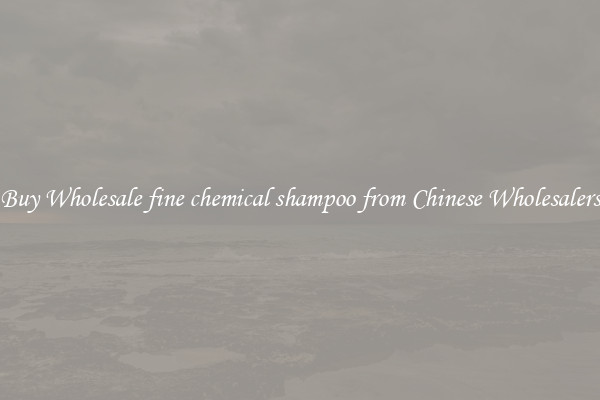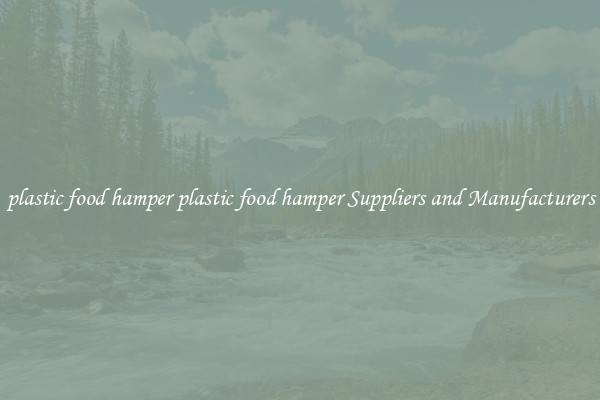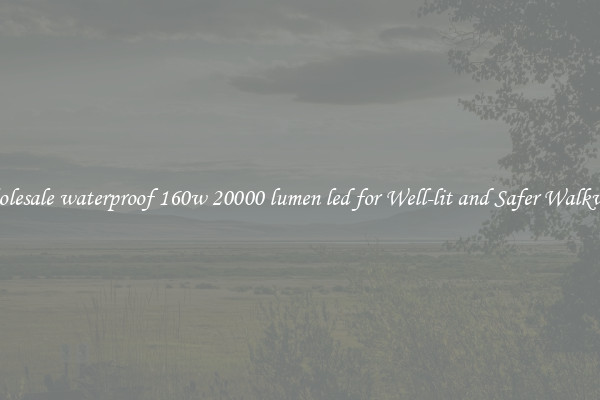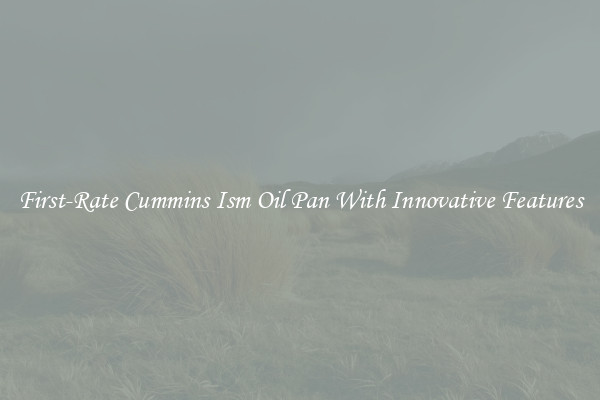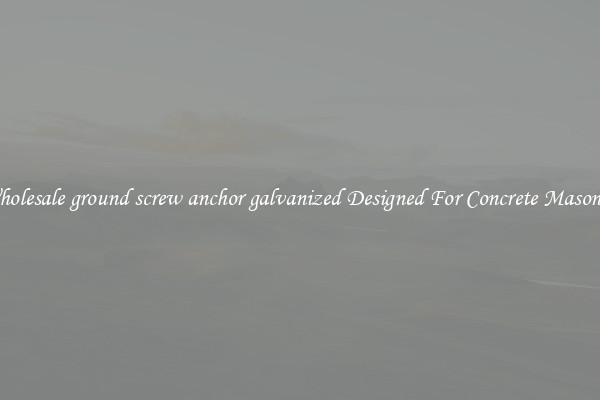Efficient food production lined reactor For Optimal Chemical Yield
Efficient Food Production: The Advantages of a Lined Reactor for Optimal Chemical Yield
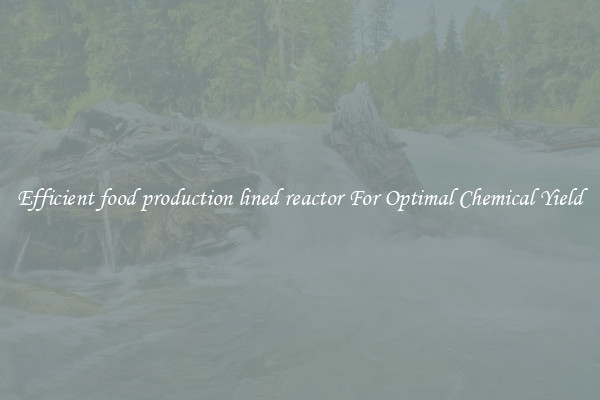
In the food manufacturing industry, achieving optimal chemical yield is of utmost importance to meet the demands of a growing population. To ensure efficiency in food production, companies are continually seeking innovative technologies and processes. One such technology that has been gaining traction is the use of lined reactors.
A lined reactor is a type of vessel that is lined with a material that offers chemical and temperature resistance. This lining acts as a protective barrier between the reactants and the metal walls of the reactor. By utilizing a lined reactor in food production, several advantages can be realized, leading to optimal chemical yield.
First and foremost, a lined reactor minimizes the risk of contamination. The lining material acts as a barrier, preventing any interaction between the reactants and the metal surface. This is especially crucial in the food industry, where the purity and safety of the final product are of utmost importance. By eliminating the risk of contamination, the quality of the product can be maintained at a consistently high level, meeting the standards set by regulatory authorities and consumer expectations.
Furthermore, a lined reactor allows for precise temperature control. The lining material has excellent thermal properties, ensuring that the reactor maintains a consistent temperature throughout the process. This is essential for certain chemical reactions that are temperature-sensitive and require specific conditions for maximum yield. By controlling the temperature accurately, companies can optimize the chemical reactions, leading to higher yields and improved efficiency in food production.
Moreover, a lined reactor offers enhanced durability and longevity. The lining material provides excellent resistance to corrosion and wear, ensuring that the reactor remains in optimal condition over an extended period. This reduces the need for frequent maintenance and replacement, resulting in cost savings for companies in terms of both time and resources. Additionally, the durability of a lined reactor contributes to its sustainability, as the need for frequent replacements is reduced, leading to a decreased environmental impact.
In conclusion, the use of a lined reactor in food production offers several advantages for achieving optimal chemical yield. By minimizing the risk of contamination, providing precise temperature control, and ensuring durability, companies can enhance efficiency in their manufacturing processes. This ultimately leads to higher yields, improved product quality, and cost savings. As the demand for food continues to rise, investing in innovative technologies such as lined reactors becomes increasingly essential for the food industry to meet the challenges and expectations of a growing population.
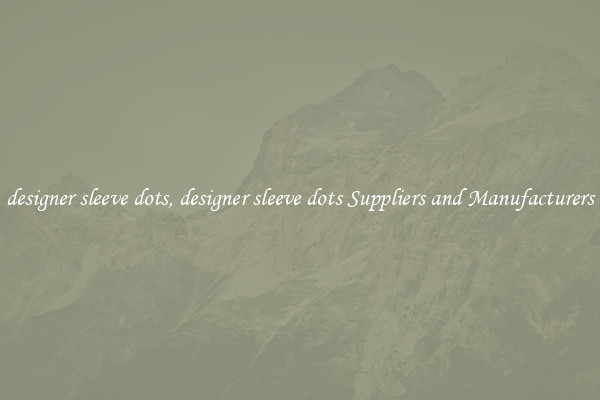
View details
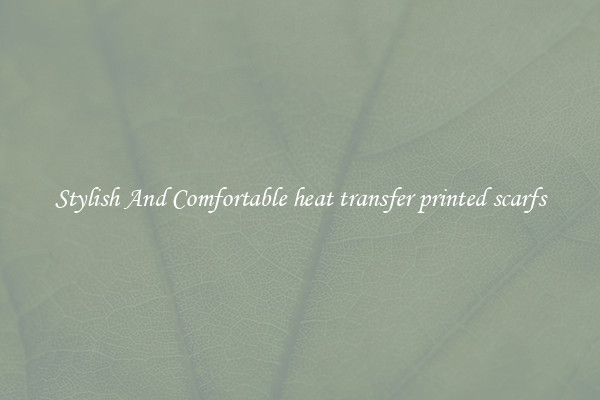
View details

View details

View details
